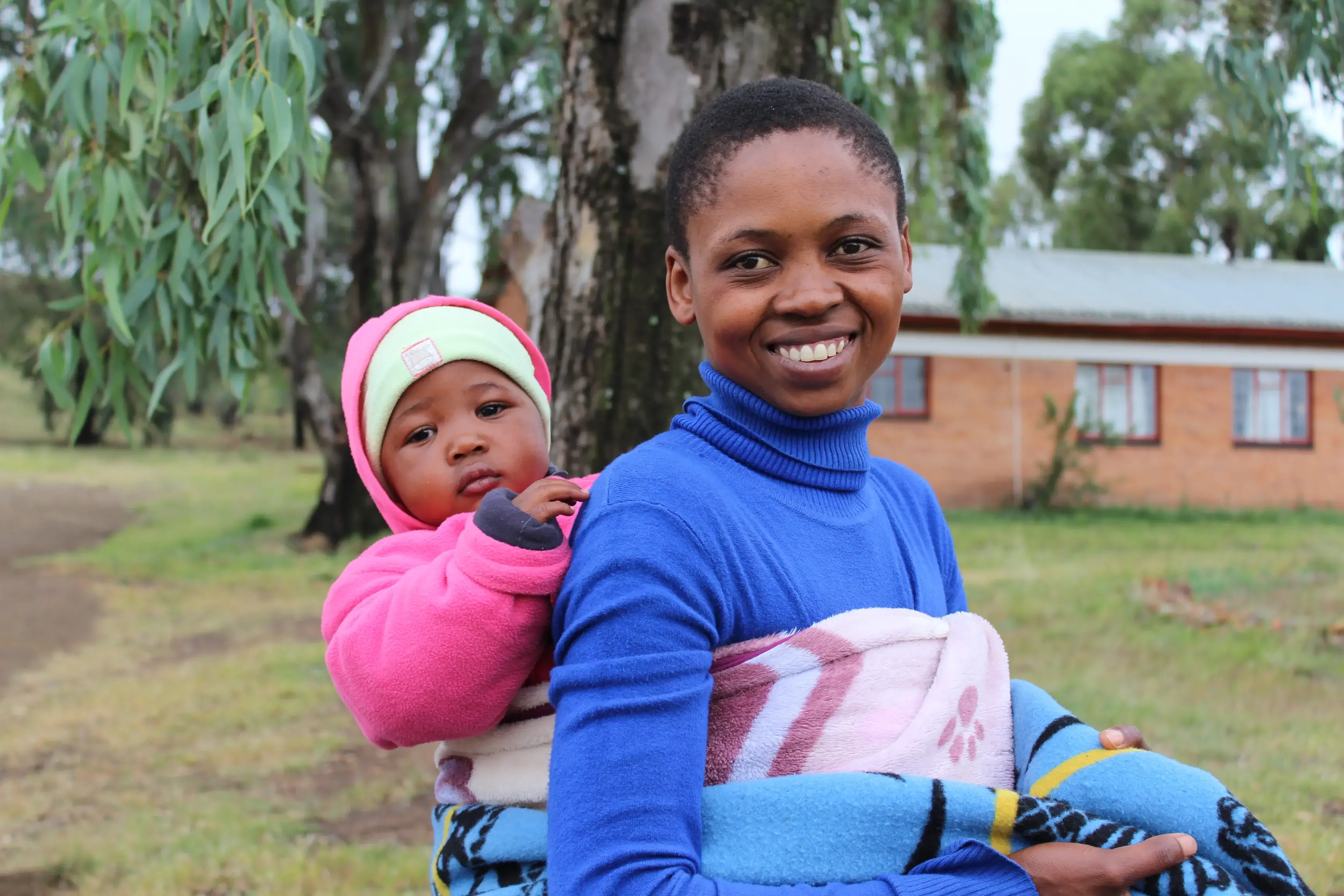Impressive progress in maternal health has been achieved in East and Southern Africa but the region still sees far too many maternal deaths and ill health related to pregnancy and childbirth, and far too many young people who cannot get needed contraception. The region has the world’s second worst rate of maternal mortality at 455 deaths per 100,000 live births. See our key activities - Innovation Accelerator and TuneMe - and our Knowledge Hub.
On average, a woman has 4.4 children, and just over one third of married women aged 15-49 years use modern contraception. This data underlines the need to redouble efforts in East and Southern Africa (ESA) to improve the quality and coverage of sexual and reproductive health (SRH) services. This requires a combination of investment, evidence, policies, programmes and advocacy.
UNFPA’s flagship project, Preventing Maternal Deaths in East and Southern Africa (PreMDESA), creatively uses a multifaceted approach. It aims to provide robust evidence to inform successful design and implementation of sexual and reproductive health programmes - as well as support formative research in areas of innovation, demographics, and data.
PreMDESA’s rich basket of activities covers a continuum of interlinked areas and issues:
- Supplying life-saving contraceptives and training health providers will improve both access to and quality of family planning services;
- Research on key reproductive health issues will provide hard evidence to inform policies to revitalize family planning;
- Targeting under-served, marginalized groups will expand their access to, demand for and use of reproductive health services;
- Using social media to reach young people with information will drive behaviour change - see TuneMe and Innovation Accelerator;
- Improving data capture and analysis will produce evidence for advocacy on how to harness the demographic dividend.
The programme will provide family planning services to three million users, including nearly half a million additional users, resulting in:
• 2,126 maternal deaths averted
• 765,875 unintended pregnancies averted
• 3,725,543 couple years of protection provided
Since its inception in 2015, the PreMDESA programme is making significant progress in East and Southern Africa.
Procuring contraceptives
Almost $7 million worth of contraceptives procured for the PreMDESA programme in 2016 will avert an estimated £13 million in direct healthcare costs and will provide over 1.8 million couple years of protection (CYP).
Supporting 2020 Round of Censuses
To address the Demographic Dividend, DFID is supporting UNFPA’s efforts to capture demographic trends through electronic census in Africa, and to advocate for policies and laws. Training of young African staticians during the Lesotho census was conducted with participants from the Democratic Republic of Congo, Ethiopia, Lesotho and South Africa.
Lesotho ICT-enabled Census
Lesotho conducted its Population and Housing census in 2016. The country was the first in the ESA region, and the fifth in Africa, to undertake a digital census data capture using mobile devices. UNFPA East and Southern Africa Regional Office – in partnership with DFID, the Secretariat of the African Symposium on Statistical Development/Statistics South Africa, and the Lesotho Bureau of Statistics – collaborated to ensure efficient data capturing and increased the geographical reach to the most rural and remote areas.
PreMDESA activities underway
- Scaling up capacity building of health-care workers on family planning, including the introduction of new contraceptives, is underway in six ESA countries.
- Work is ongoing on the Innovation Accelerator cycles, the Demographic Dividend, and the youth engagement platform TuneMe in five additional Southern African countries, as well as the development of a regional strategy for increasing SRH services for people living with disabilities, especially adolescents and young people.
Read how PreMDESA is already having an impact by reducing maternal deaths.


